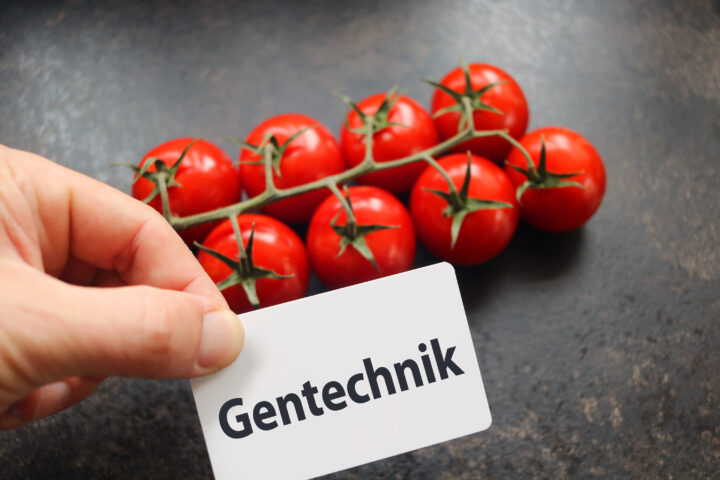
Plant charcoal for soil and climate
Farmers in Zug produce coal from plant waste to fertilize their soils and extract carbon from the atmosphere. They recently received the Federal Energy Award Watt d'or for their pioneering work. We congratulate them.
Wednesday, March 9, 2022
As the science magazine of "SRF" reports, the so-called "Terra preta" served as a model for the farmers of Zug around Fredy Abächerli. The Portuguese term translates as "black earth". For hundreds of years, the indigenous population in the Amazon region mixed wood and vegetable charcoal with the soil. This is how the extremely fertile black earth was created from originally barren land.
Carbonizing instead of burning
Farmers in Zug were looking for ways of recycling green waste with a high proportion of wood. These are not suitable for fermentation. In 2011, they finally began to produce plant coal from plant chips in a reactor produced with the help of a German university spin-off. They founded Verora AG and have constantly refined their method and production. The underlying process is called pyrolysis. The wood chips enter the reactor via a conveyor belt, where they are heated to 500-600 degrees Celsius. Because the reactor is airtight and contains no oxygen, the chips do not burn. They carbonize. The carbon remains in the coal. The resulting gases are burned by a second reactor. The waste heat is used to heat the adjacent house.
Extracting CO2 from the atmosphere
The production of plant coal is a so-called negative emission technology (NET). This means that it removes CO2 from the atmosphere. Plants absorb CO2 from the air during growth. Through carbonization, the CO2 remains in the charcoal and, when applied, in the soil. It is currently assumed that this carbon will remain in the soil for several millennia. In recent years, technology has therefore become a source of hope for the climate in specialist circles. But it's not that simple. In order to balance the earth's climate balance with plant coal, it would take 2500 times the volume of the Matterhorn every year. Nevertheless, the technology has the potential to help reduce greenhouse gases.
In addition to the positive effect on the climate, the plant coal also has other benefits: "We clearly see that the soil quality improves and that the soils function better again, they are more climate-resistant," said Abächerli. In addition, the plant coal can also be used as a feed additive. It binds toxins and causes cows to emit less methane when they digest.
Sources
Related articles

ARTE documentary: Genetic engineering in organic farming?
The ARTE documentary “Genetic engineering in organic farming?” examines key controversial questions of modern agriculture: Is the general exclusion of new breeding technologies still up to date? Can the resistance of organic farming be justified scientifically?

The Great Suffering of Farmers
Fire blight, Japanese beetles, or grapevine yellows – farmers in Valais, too, are increasingly feeling helpless in the face of the threats posed by nature. More and more often, they lack the means to effectively protect their crops. This makes it all the more important for the Federal Council to place a pragmatic balancing of interests at the forefront when setting threshold values.

'Tomatoes on your eyes'
The submitted “Food Protection Initiative” calls for “GMO-free food.” Leaving aside this illusory demand, its adoption would mean more bureaucracy, more trade barriers, and less innovation. The Swiss Farmers’ Union describes the proposal as “unnecessary” and warns of a setback to the goal of achieving an even more sustainable agriculture.

How our daily lives end up in the water
When residues in our waters are discussed, agriculture is often portrayed as the main culprit. Yet a closer look shows that the sources are diverse and often much closer to everyday life than assumed.

